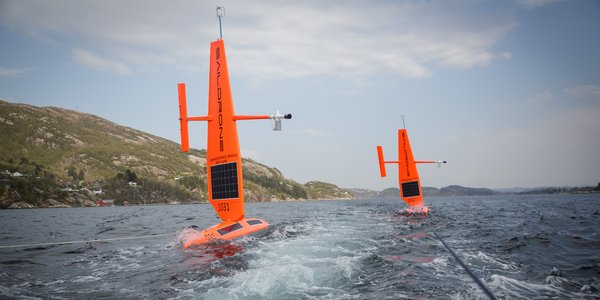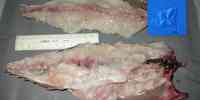News
Result: (278) Showing 181 - 210

Sends saildrone cruising in the North Sea
29.04.2019

story
Welcome to the wondrous world of whales
19.03.2019

Handed over advice on the world's oceans
06.03.2019

Symposium to honour our first director
18.02.2019

Flesh of fish turned liquid by parasite
14.02.2019

Fjords create mercury problems
28.01.2019

The Kronprins Haakon sails for the Antarctic
07.01.2019

Bluefin tuna tag has ''phoned home''
11.12.2018

Turning researchers’ discussions into action
23.11.2018

Have analysed contaminants in "new" fish
02.11.2018

story
Swapping waders for business attire
30.10.2018

opinion
Part of our ocean is dying
25.10.2018

Conference: Science for Ocean Actions
22.10.2018

Follow whales on their migration
16.10.2018

story
The “plastic whale” from 1971
23.08.2018

A Baltic sea fish named after IMR-researcher
12.07.2018










